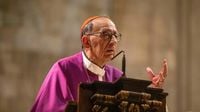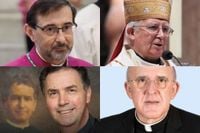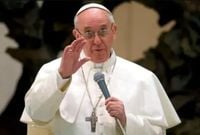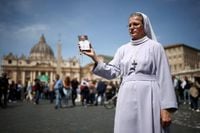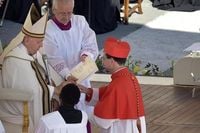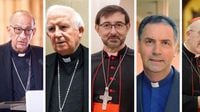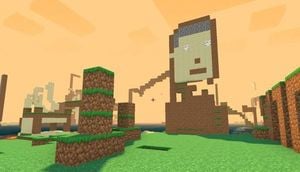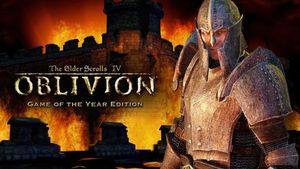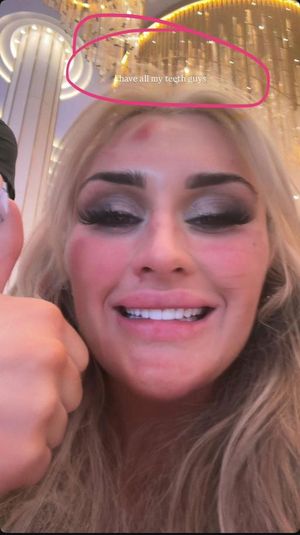Pope Francis I has died on Monday, April 21, 2025, at the age of 88, almost a month after being discharged from a 37-day hospitalization due to severe pneumonia. His passing marks a significant moment for the Catholic Church, as the world now turns its attention to the conclave that will select his successor. In Rome, bells tolled in mourning across churches, signaling the gravity of the occasion.
According to a rule established by Pope Benedict XVI in 2013, the conclave to elect the new pontiff may commence earlier than the usual 15 to 20 days, depending on the arrival of the cardinals. This year, the conclave is poised to be one of the most international in history, with a total of 136 cardinals expected to participate in the election. The geographic diversity of the cardinals is unprecedented, with Europe contributing the highest number at 53, followed by Asia with 24, Africa with 18, and South America with 17. North America has 16 cardinals, while Central America and Oceania each have four.
Spain is notably among the countries with the most cardinals participating in the conclave. Of the 252 cardinals in total, thirteen hail from Spain. However, not all will have voting rights, as only those under 80 years old can participate in the election. Currently, five Spanish cardinals are eligible to vote: Carlos Osoro, Antonio Cañizares, Juan José Omella, Ángel Fernández, and José Cobo.
Among these candidates, Juan José Omella, the Archbishop of Barcelona, stands out. At 79 years old, he has been a prominent figure in the Spanish Church and served as President of the Spanish Episcopal Conference until 2024. His close relationship with Pope Francis and his reformist approach make him a significant contender. However, he submitted his resignation due to age in April 2021, which is still pending acceptance.
Antonio Cañizares, also 79, is the Archbishop Emeritus of Valencia. Known for his conservative stance and firm defense of Church doctrine, he was created a cardinal by Pope Benedict XVI in 2006. His health has raised questions about his participation in the conclave, as noted by Luis Argüello, President of the Spanish Episcopal Conference.
José Cobo, the youngest of the group at 59, is the current Archbishop of Madrid, having assumed the position in July 2023. He was elevated to cardinal just days after his appointment and has been recognized as a progressive voice within the Church.
Ángel Fernández Artime, at 64, is the pro-prefect of the Dicastery for the Institutes of Consecrated Life and Societies of Apostolic Life. His background as the Rector Major of the Salesians and his close ties to Pope Francis add to his profile as a potential candidate.
Carlos Osoro, also 79, served as the Archbishop of Madrid until June 2023. His tenure was marked by efforts to engage younger generations and promote dialogue within the Church. He has been a key figure in the Spanish Church's response to contemporary issues.
The conclave will be held in the Sistine Chapel, where the cardinals will cast their votes in secrecy. The quorum needed for the election is two-thirds of the participating cardinals, amounting to 92 votes if all eligible cardinals are present. This process, steeped in tradition, is critical for the future direction of the Catholic Church.
As the world awaits the outcome, speculation is rife regarding who will emerge as the new leader of the Catholic Church. Prominent candidates beyond the Spanish representatives include Luis Antonio Tagle, Matteo Zuppi, and Pietro Parolin, each representing different currents within the Church.
The selection of the next pope will not only affect the governance of the Catholic Church but also its stance on various social and theological issues, reflecting the diverse perspectives of the cardinals involved in the conclave.
In the days leading up to the conclave, the Catholic community and the world at large will be watching closely as the cardinals prepare to elect a new pontiff. The potential for surprises looms large, with Argüello hinting at unexpected developments in the selection process. The conclave will also address urgent matters facing the Church, as cardinals convene daily for preparatory meetings before the official voting begins.
Ultimately, the election of a new pope is a momentous event, steeped in centuries of tradition and significance. The new pontiff will inherit the legacy of Pope Francis and will be tasked with guiding the Church through a rapidly changing world.
